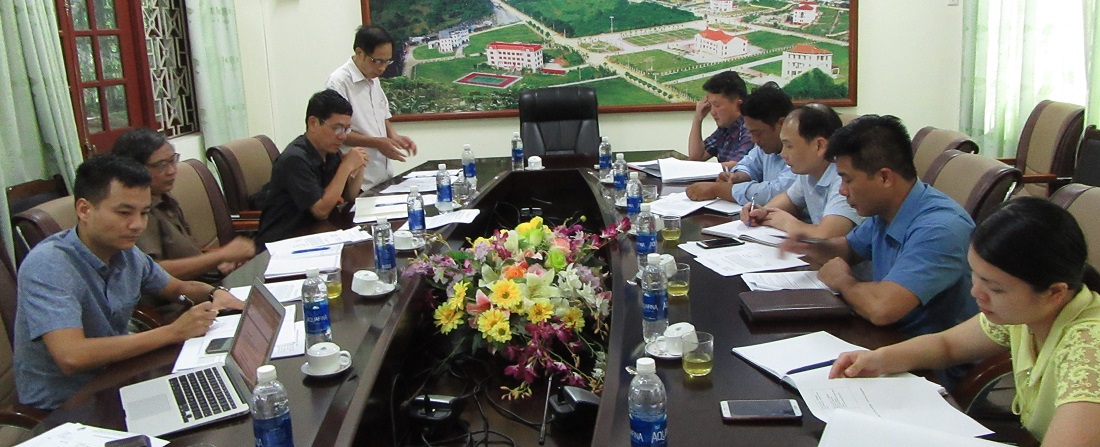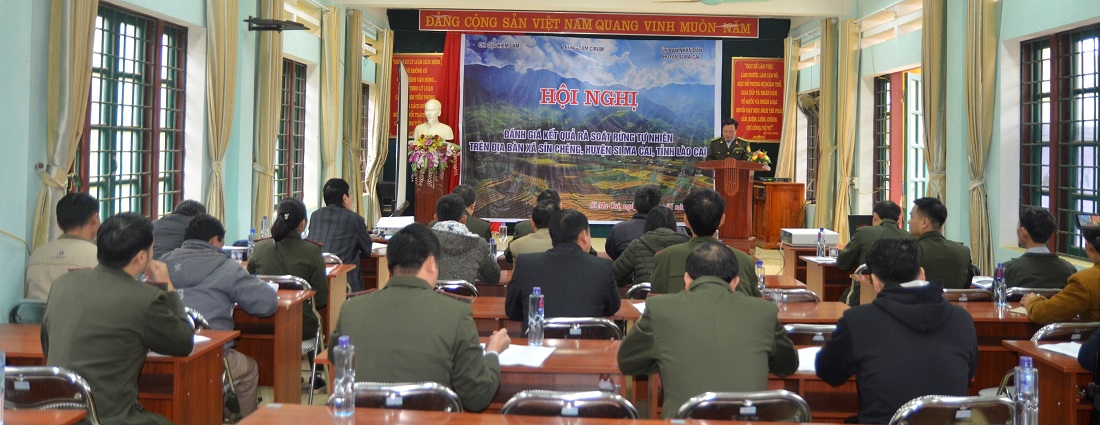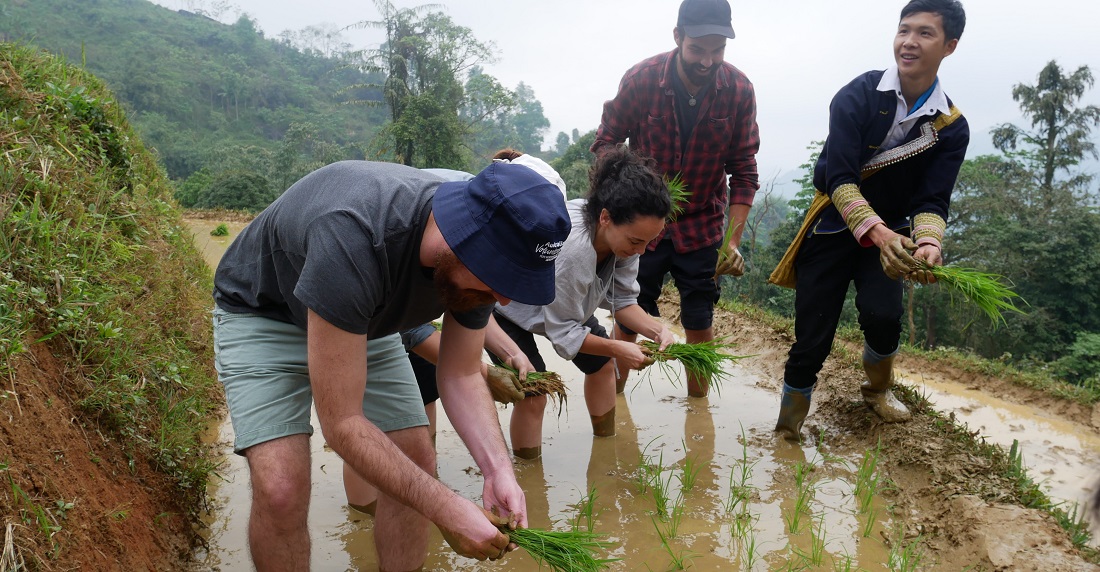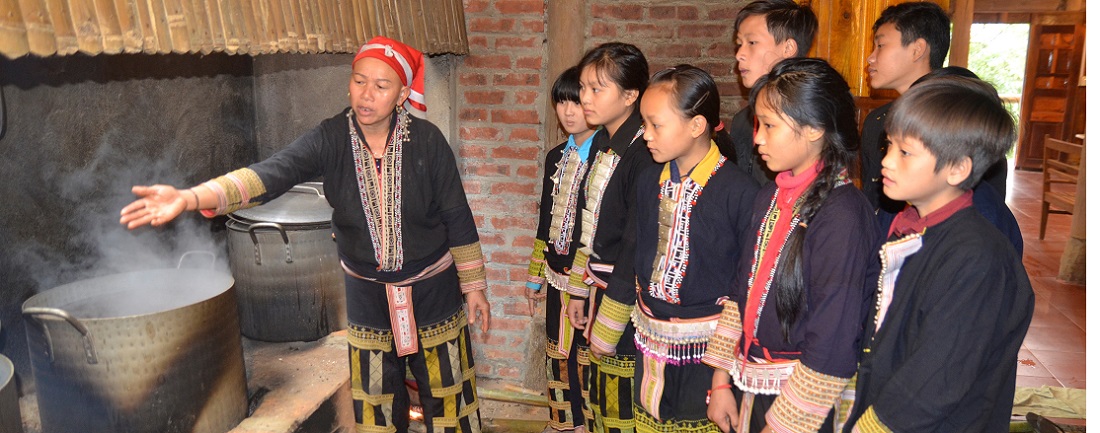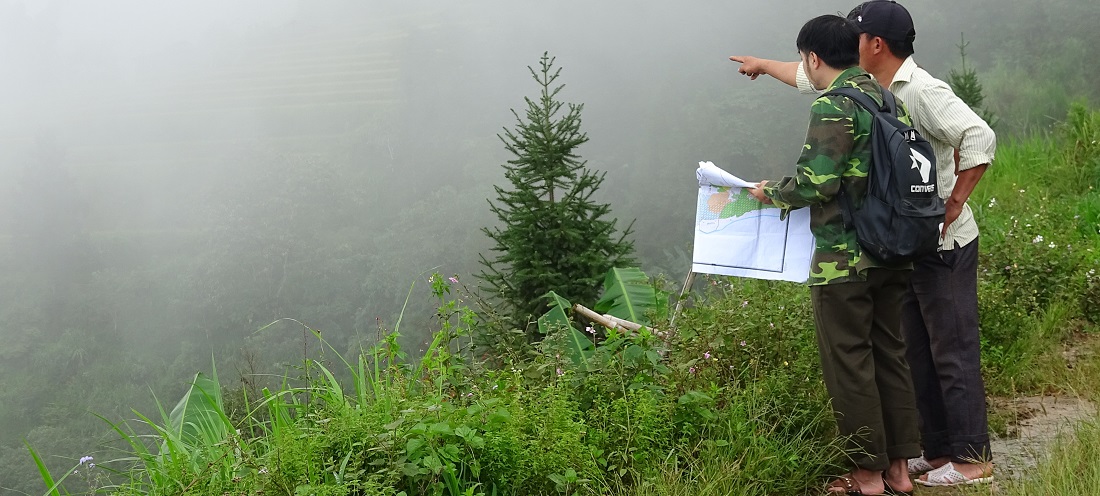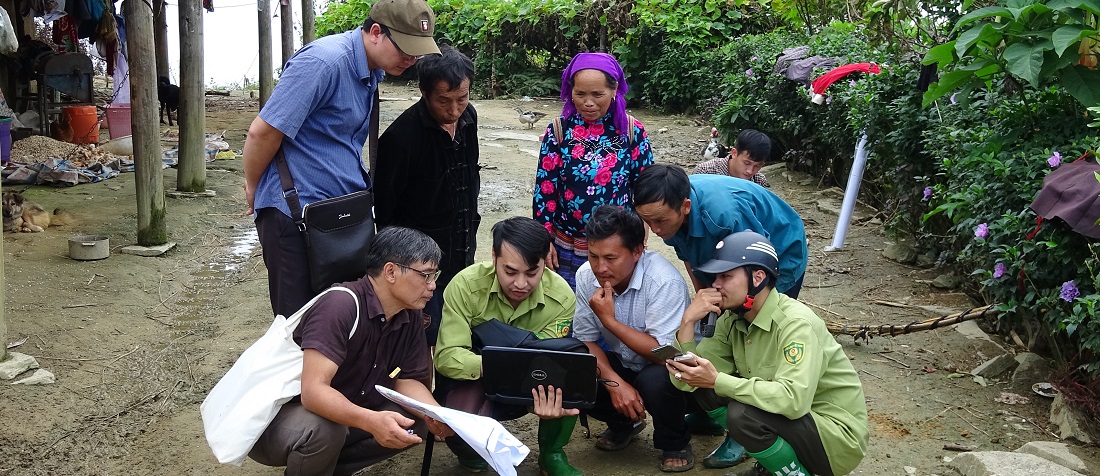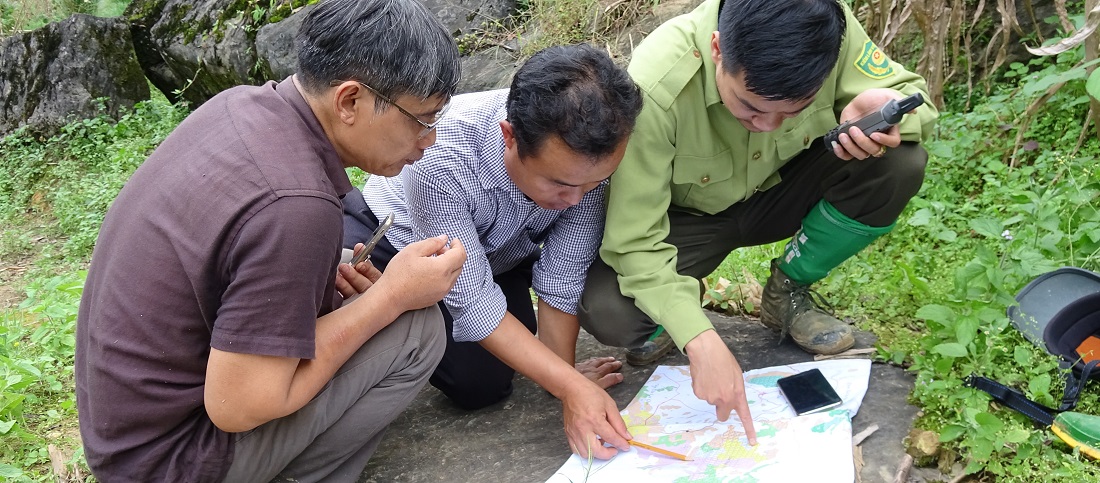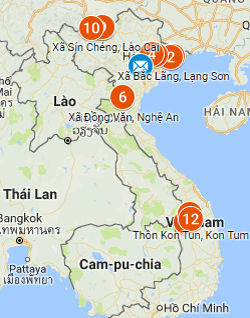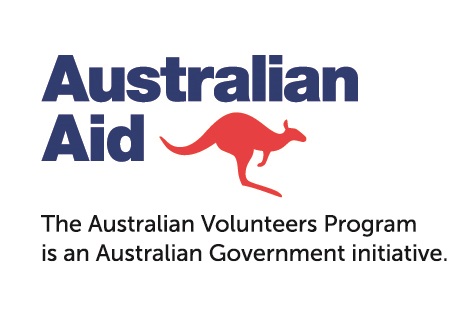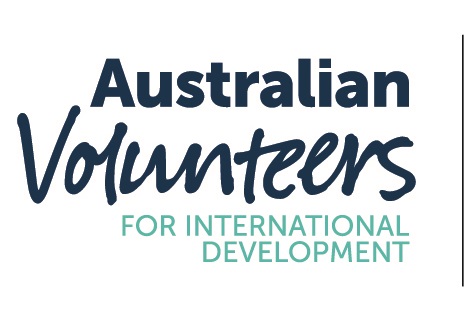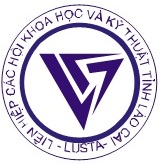Ethnic minority communities who mostly live on agricultural and forest land have been able to increase their income, raise their voice and promote their contributions to the protection and management of community forest land. This is one of the achievements of the project Promoting Land Rights for Ethnic Minority People in Vietnam presented at the closing workshop on 28 December 2018 in Hanoi.
.jpg)
During the three years of implementation and with funding from the European Union, the project conducted dozens of policy dialogues at all levels, significantly contributing to the inclusion of community rights in the ownership and management of forest land in the 2018 Forestry Law. In Kon Tum, for example, the project supported the local authorities to hand the ownership certificate of over 500 hectares of forest land to the Sedang community who will protect and manage it in the long run. It also enabled ethnic minority communities such as Van Kieu, Thai, Sedang, Ro Ngao, Red Yao in five provinces, Lao Cai, Nghe An, Ha Tinh, Quang Binh and Kon Tum, to improve their income by developing forest-based livelihoods resilient to climate change. During this process, the project ensured that ethnic minority women became more confident and enhanced their role in their family and community.
“Many ethnic minority communities live entirely on forests. Only by managing, protecting and exploiting the forests in a sustainable way can they improve their lives,” said Ms. Tran Thi Hoa, director of the Center for Culture Identity and Resources Use Management (CIRUM).
According to Ms. Le Kim Dung, country director of CARE International in Vietnam, “poverty among ethnic minority communities persists and prolongs more than in the majority Kinh people. Ethnic minority women even encounter a lot more barriers to enhancing their status and voice.” This is the reason why CARE focuses on improving gender equality in all project areas, according to Ms. Dung.
“Thanks to the project, my commune received the ownership certificate of over 500 hectares of community forest land. Our villagers had the chance to take part in many workshops, meet with officials at the central level and National Assembly representatives to share about our concerns related to community forest land,” said Mr. Pham Xuan Quang from Tu Mo Rong commune (Tu Mo Rong district, Kon Tum province – one among the communities participating in the project).
During its implementation, the project enhanced the capacity of local authorities and relevant networks, including LandNet, a member network advocating for the land rights of the (mainly) ethnic minority peoples living in forest and forest margin areas of upland Vietnam and Laos, and the Livelihood Sovereignty Alliance (LISO). In the advocacy process, the project also cooperated with the Vietnam Union of Science and Technology Associations (VUSTA), the Forest Land Coalition (ForLand), and the Ethnic Minority Working Group (EMWG).
The project Promoting Land Rights for Ethnic Minority People in Vietnam was funded by the European Union and co-implemented by CIRUM and CARE in Vietnam from 2016 to 2018. Upon completion, the project successfully achieved its overall objective of contributing to the protection and promotion of ethnic minority people’s rights to community forest lands in Vietnam.
.jpg)






